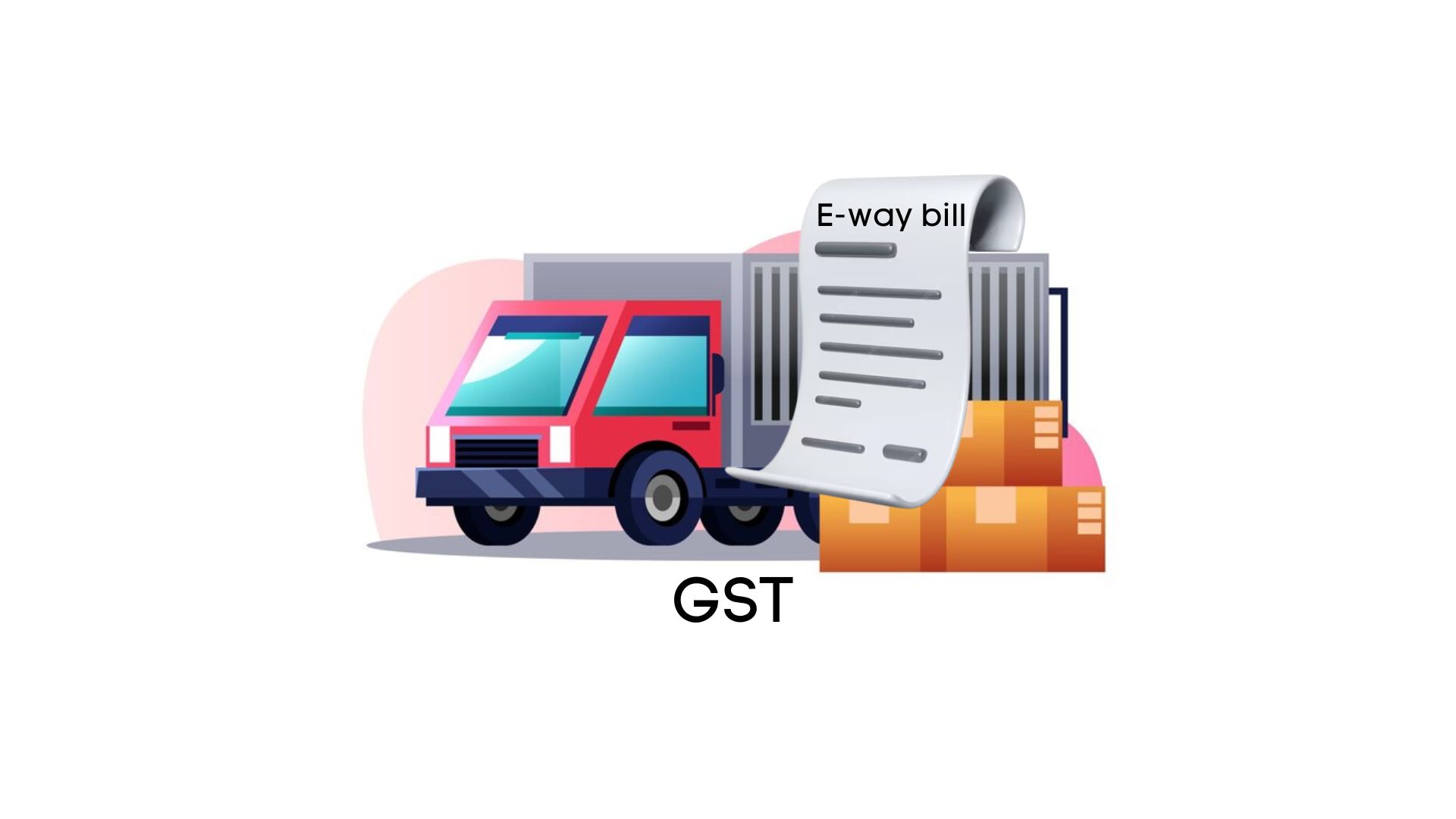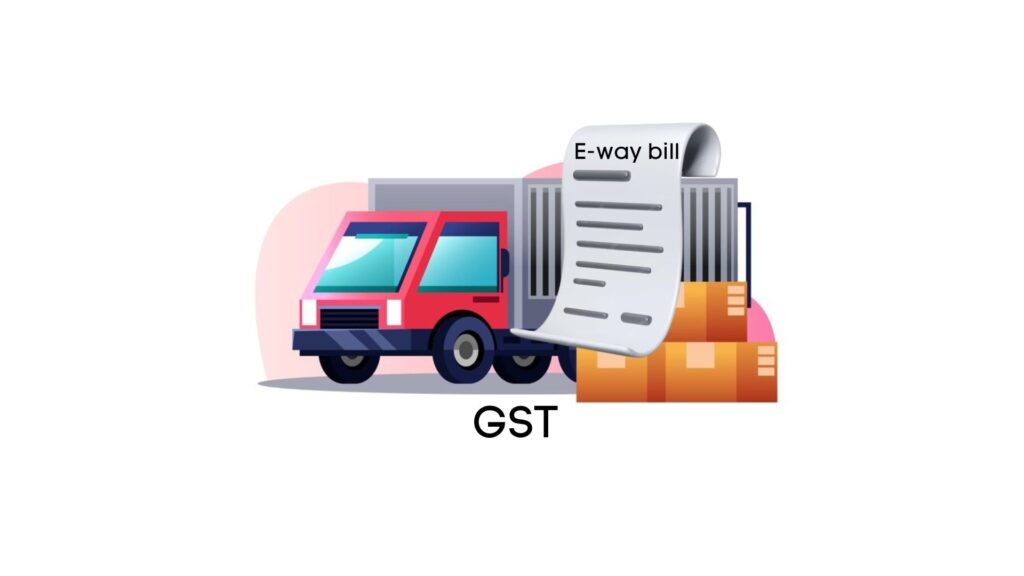
27 Apr Penalty u/s 129: Understanding GST Penalties for Expired e-Way Bills

Introduction: Navigating GST Penalties
Navigating the complexities of Goods and Services Tax (GST) penalties, particularly those under section 129, requires a nuanced understanding of the legal landscape and the implications for businesses. In this comprehensive guide, we delve into the intricacies of penalties imposed under section 129 of the GST Act, examining recent judicial precedents and shedding light on crucial considerations.
- Telangana High Court Ruling: Satyam Shivam Papers Pvt. Ltd.
Introduction
In the labyrinth of taxation laws, even the minutest details can spark significant legal battles. One such instance emerged in a recent case where a company engaged in paper trading faced the repercussions of an expired e-way bill. This article delves into the facts, issues, and the consequential ruling that ensued from this legal tussle.
Facts of the case
The petitioner, a company dealing in various paper products, initiated an intra-state supply transaction. However, the smooth flow of goods encountered a snag when the designated route was obstructed by a political rally. As a result, the goods couldn’t reach their destination within the stipulated time.
Issue
The crux of the matter lies in the legality of detaining the goods due to the expiration of the e-way bill. Was the detention justified, or did it infringe upon the petitioner’s rights?
Held
The High Court of Telangana weighed the evidence and delivered a verdict. Firstly, it dismissed any presumption of tax evasion due to the e-way bill’s expiry. Furthermore, it censured the respondent’s disregard for the petitioner’s representations, labeling it as a deliberate oversight.
The court’s scrutiny revealed the lack of substantial grounds to implicate the petitioner in tax evasion solely based on the expired e-way bill. Consequently, it directed the refund of the amount collected, underscoring the officer’s obligation to exercise discretion judiciously.
- Allahabad High Court Precedent: Globe Panel Industries Pvt. Ltd.
Introduction
In a recent legal saga, the Allahabad High Court delivered a pivotal judgment in the case of M/s. Globe Panel Industries India Pvt Ltd versus the State of Uttar Pradesh and Others. This ruling not only provided significant relief to the petitioner but also set a crucial precedent regarding the consequences of an expired GST E-Way Bill in the realm of goods transportation. Let’s delve deeper into the intricacies of this case and its implications.
Facts of the Case
The petitioner, Globe Panel Industries India Pvt Ltd, found itself entangled in legal complexities due to the expiration of one of its e-way bills, despite possessing valid e-invoices and accurate goods descriptions. Despite diligently providing evidence of vehicle breakdown and subsequent repairs, including a mechanic’s letter and ‘fast tag’ movement tracking, the authorities proceeded to levy a penalty.
Issue
The crux of the matter revolves around whether the expiration of an E-Way Bill, in the absence of any intention to evade tax, justifies the imposition of a penalty.
Held
The Allahabad High Court, referencing pertinent precedents and earlier decisions, emphasized the necessity of establishing mens rea, or an intent to evade tax, for penalty imposition under Section 129(3) of the Uttar Pradesh Goods and Services Tax Act, 2017. It deemed the authorities’ focus on the expired E-Way Bill, without evidence of tax evasion or misuse, to be unjust. Consequently, the court nullified the penalty orders and mandated a tax refund, reiterating that technical violations should not lead to disciplinary actions in the absence of intent to evade tax.
- Insights from Calcutta High Court: Maxxcab Wires & Cables Pvt. Ltd.
Introduction
In a significant legal development, the Hon’ble Calcutta High Court, in the case of Maxxcab Wires & Cables Pvt Ltd & Anr vs State Tax Officer [W.P.A. 24558 of 2022 dated November 24, 2022], has pronounced that non-speaking orders under the Goods and Services Tax (GST) regime are not valid. This ruling carries profound implications for the adjudication process under GST laws, emphasizing the importance of reasoned and articulate orders.
Facts of the Case
Maxxcab Wires & Cables Pvt Ltd & Anr, the petitioner, contested a Show Cause Notice (SCN) dated October 27, 2022, and an ensuing order dated November 4, 2022, issued under Section 129(3) of the West Bengal Goods and Services Tax Act, 2017 (WBGST Act). The petitioner argued that the order was non-speaking and that the SCN was issued without proper application of mind, as it was issued after the petitioner’s deadline to appear before the adjudicating authority had already passed.
Issue
The central issue at hand is whether the order in question constitutes a non-speaking order and whether it holds validity under the GST framework.
Held
The non-speaking order dated November 4, 2022, was deemed invalid and set aside. The matter was remanded back to the adjudicating authority with directions to issue a fresh, speaking order after affording the petitioner a fair opportunity of hearing. Furthermore, the petitioner was granted the liberty to submit fresh representations against the SCN dated October 27, 2022.
- Karnataka High Court's Perspective: M.S. Metals & Steels Ltd.
Introduction
Navigating the complexities of tax regulations can often lead to legal disputes, especially concerning the validity of documents like E-Way Bills. In a recent case, the Honorable High Court delivered a significant judgment regarding the seizure of goods due to the expiry of an E-Way Bill. Let’s delve into the details to understand the implications of this ruling.
Facts of the Case
The petitioner transported goods with a proper invoice and E-Way Bill. Upon reaching the destination and parking the vehicle, the goods were seized by the proper officer early the next morning, citing the expiry of the E-Way Bill. Despite the petitioner’s appeal, the decision to levy tax and penalty stood. Subsequently, the petitioner filed a writ petition challenging the order.
Issue
The central issue revolves around whether the seizure of goods due to the expiry of the E-Way Bill was lawful and justified.
High Court’s Ruling
The Honorable High Court carefully examined the petitioner’s detailed reply, which included proofs such as toll plaza slips indicating that the vehicle had reached its destination before the E-Way Bill’s expiry. Citing precedent, the court emphasized that as long as the vehicle and goods reached the destination before the E-Way Bill’s expiry, any penalty imposed by the department is illegal and arbitrary. In this case, the court found that the authorities had disregarded the evidence provided by the petitioner, rendering the impugned order invalid. The department was instructed to provide the petitioner with an opportunity to present documents and objections and proceed with the proceedings accordingly.
Conclusion: A Call for Fairness and Diligence
In conclusion, penalties under section 129 of the GST Act necessitate a balanced approach, considering both legal provisions and practical circumstances. Recent judicial pronouncements underscore the importance of procedural fairness and evidence-based decision-making in penalty imposition. Businesses must remain vigilant and ensure compliance with e-Way Bill regulations to avoid unnecessary penalties.


No Comments